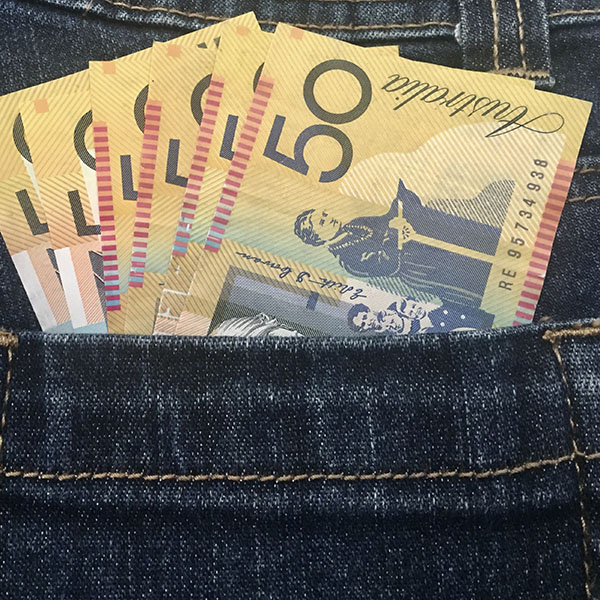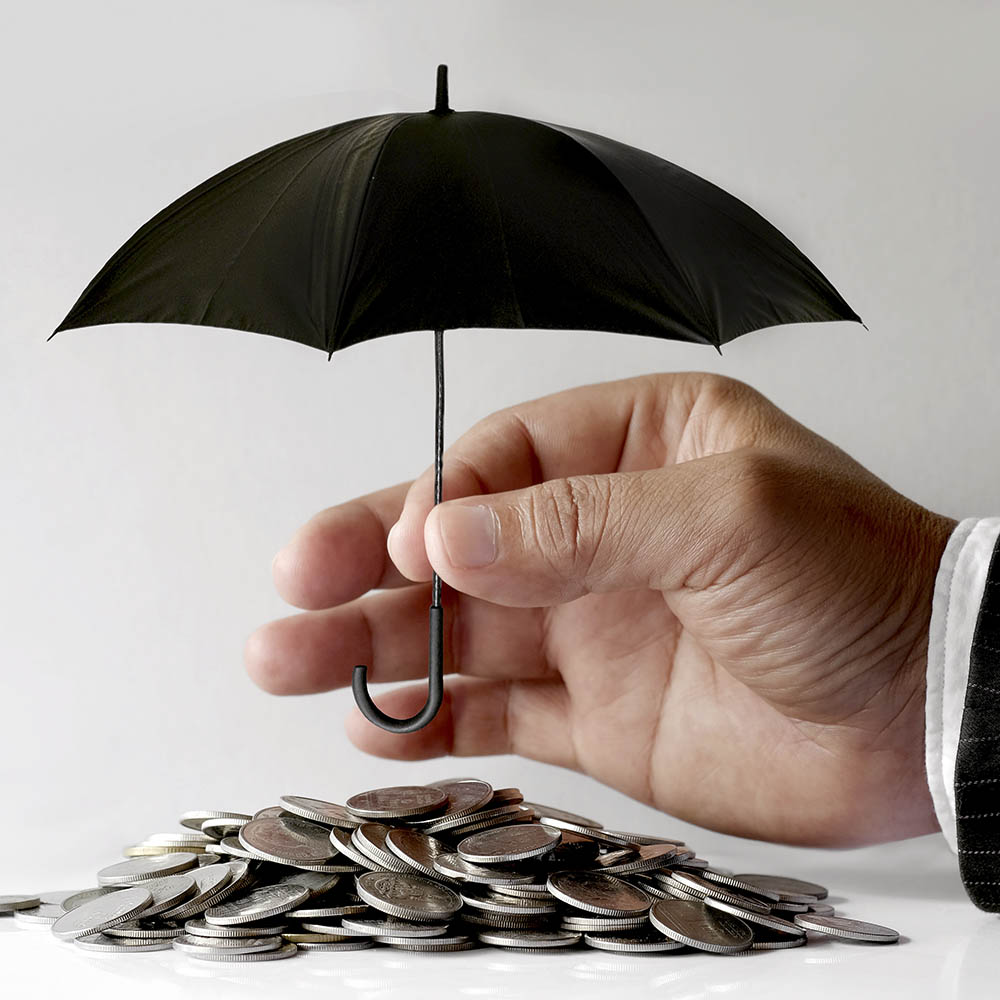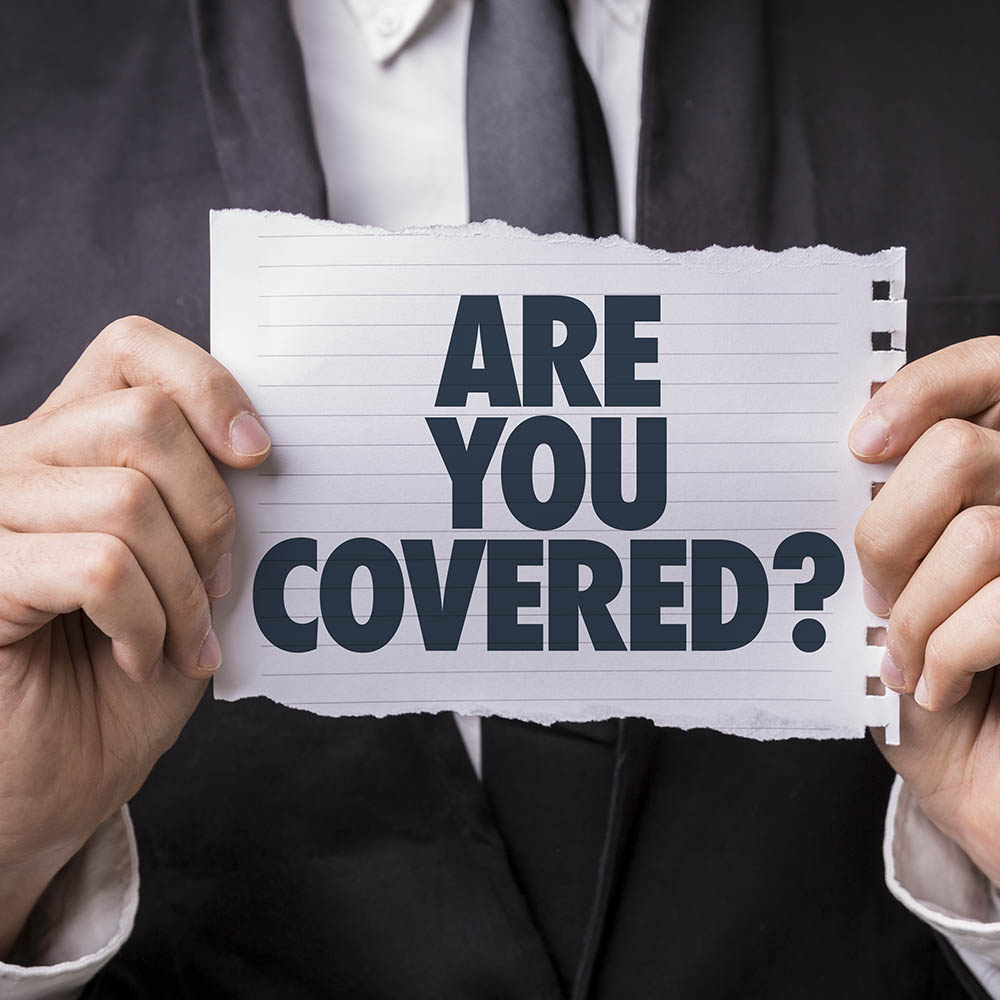Own Your
Future
buy and sell agreements
protect your business and partners from unforeseen circumstances
What is a buy and sell agreement?
A buy-sell agreement, also known as a business succession agreement, is a legally binding contract between business partners that outlines what happens to an owner's share in the company under various pre-defined circumstances, such as:
- Permanent disability. If an owner becomes unable to work due to illness or injury.
- Partner's death. This ensures the deceased owner's share is handled smoothly and according to the agreement's terms.
- Leaving the business. This could be due to retirement, resignation, or termination.
- Other events. Depending on the agreement, it might cover additional situations like divorce, bankruptcy, or misconduct.
The buy-sell agreement typically specifies trigger events (as listed above), purchase options, valuation methods, and funding mechanisms.
Buy and sell agreement purchase options
The "purchase option" refers to the right granted to specific parties--usually the remaining business partner(s)--to acquire the departing owner's share of the business. Usually, the remaining co-owners have the first right to purchase the departing owner's share.
In some cases, the agreement might grant the company itself the right to buy the share. In other cases, the agreement might allow third-party buyers, like other shareholders, to purchase the share.
contact us to secure a buy and sell agreement today
Common buy/sell agreement valuation methods
A valuation method provides a systematic framework that considers various factors and market data to arrive at an objective and defensible value of a co-owner's share in the business when they exit. It also influences potential tax liability associated with the buy-out. The standard valuation methods are:
- Market valuation. This method relies on an independent valuer to assess the market value of the business based on the business’ income and assets or by looking at other companies with similar transactions.
- Agreed value. This method involves partners predetermining a price for the share, with periodic adjustments to ensure fairness.
Whether your buy-sell agreement stands alone or complements existing agreements–like partnership agreements–ensure the valuation method aligns across all documents to prevent potential exploitation of disparities.
Funding mechanisms
A funding mechanism determines how the remaining partners, the company itself, or a third-party buyer will acquire the necessary funds to execute the buy-out according to the agreed-upon terms.
The funds can come from personal savings, loans, sinking funds or seller financing. But the most common one is from life insurance. This option has different policy ownership structures available for funding business succession agreements. These are:
- Self-ownership
- Cross-ownership
- Company ownership
- Trust ownership
- Superannuation fund ownership
Self-ownership
In this approach, each business owner holds a life insurance policy on themselves. If they exit the business through death or disability, the insurance company pays out the policy benefits to the departing owner or their designated beneficiaries.
As payment, the departing owner (or their beneficiaries) accepts the insurance payout in exchange for their share of the business. The remaining owners take over the departing owner's share, continuing the business.
Cross-ownership
Company ownership
In this setup, the company owns each owner's life insurance policies. If an owner leaves, The insurance company pays out the policy benefits to the company.
The buy-sell agreement may allow the company to use these funds to buy back the departing owner's shares or give the remaining owners the option to purchase them. Either way, the departing owner's shares are cancelled or redeemed, effectively distributing their ownership stake among the remaining owners.
Trust ownership
There are two main approaches to using trusts with insurance for buy-sell agreements: insurance trust and family trust.
Insurance trust involves creating a separate trust specifically to hold insurance policies on each owner. An independent trustee manages the trust and distributes the insurance proceeds according to the agreed terms when an owner leaves.
In contrast, family trusts use the existing family trusts to hold the insurance policies. When an owner leaves, the insurance money directly helps the trust pay any capital gains tax due on the sale of the business share.
Superannuation fund
360 Financial Strategists are here for your financial needs
While this overview has provided a glimpse into the different options, the ideal approach for your business hinges on its unique characteristics: size, industry, ownership dynamics, and individual financial situations.
To ensure you create a buy-sell agreement that effectively protects your business and its members in any scenario, ask for guidance from a financial planner to help you design a customised agreement. Contact us for assistance with the process.






